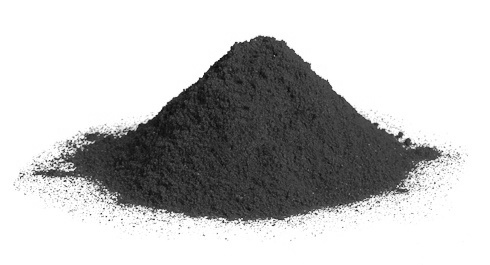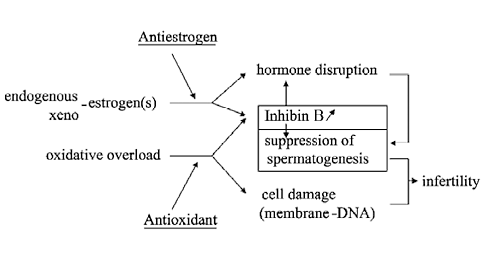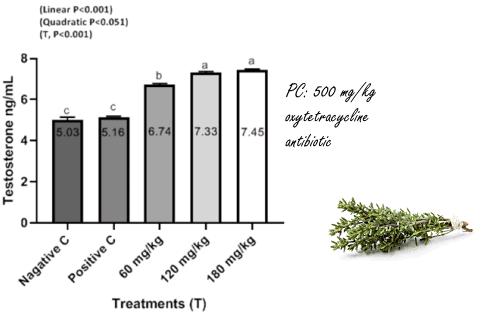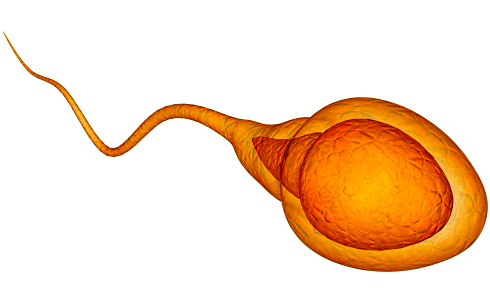|
Astaxanthin makes men more fertile
Men who want to become fathers but are unable to get their partner pregnant may be able to improve their chances by taking astaxanthin supplements. This is suggested by a somewhat older small trial that appeared in the Asian Journal of Andrology.

Study
In 2005, Belgian andrologists affiliated with the University of Ghent published a trial in which 30 infertile men who wished to become fathers participated as test subjects. All subjects received standard treatment with, for example, antibiotics or anti-oestrogens.
Half of the subjects took a placebo daily for 3 months. The other half took 16 milligrams of astaxanthin daily. The Belgians used a product from AstaReal. AstaReal funded the research.
Results
In the astaxanthin group, the activity of oxygen radicals [ROS] in the sperm cells decreased by about a factor of 4. The sperm cells in this group also became a little faster.
That may explain why 55 percent of the men in the astaxanthin group became fathers during the experiment - or, more accurately, reached a pre-stage of fatherhood. This was 11 percent among the men in the placebo group. This means that supplementation with astaxanthin increased the chance of pregnancy by a factor of 5.
Click on the table below for a larger version.

Supplementation with astaxanthin had no effect on testosterone levels. In the control group, the Belgians found a higher testosterone level after administration of a placebo for 3 months than before, but the difference was not statistically significant in that group either.
Mechanism
The Belgians suspect that astaxanthin increases sperm quality because, after the body has incorporated it into the membranes of the Sertoli cells, it acts as an antioxidant. Astaxanthin could thus enhance the effect of treatment with antioestrogens.

Source:
Asian J Androl. 2005 Sep;7(3):257-62.
More:
Spirulina supplementation may enhance male fertility 10.07.2023
Fish oil supplements improve testicular health 07.09.2020
Shilajit boosts fertility and testosterone level 04.10.2012
Archives:
Carotenoids
|






